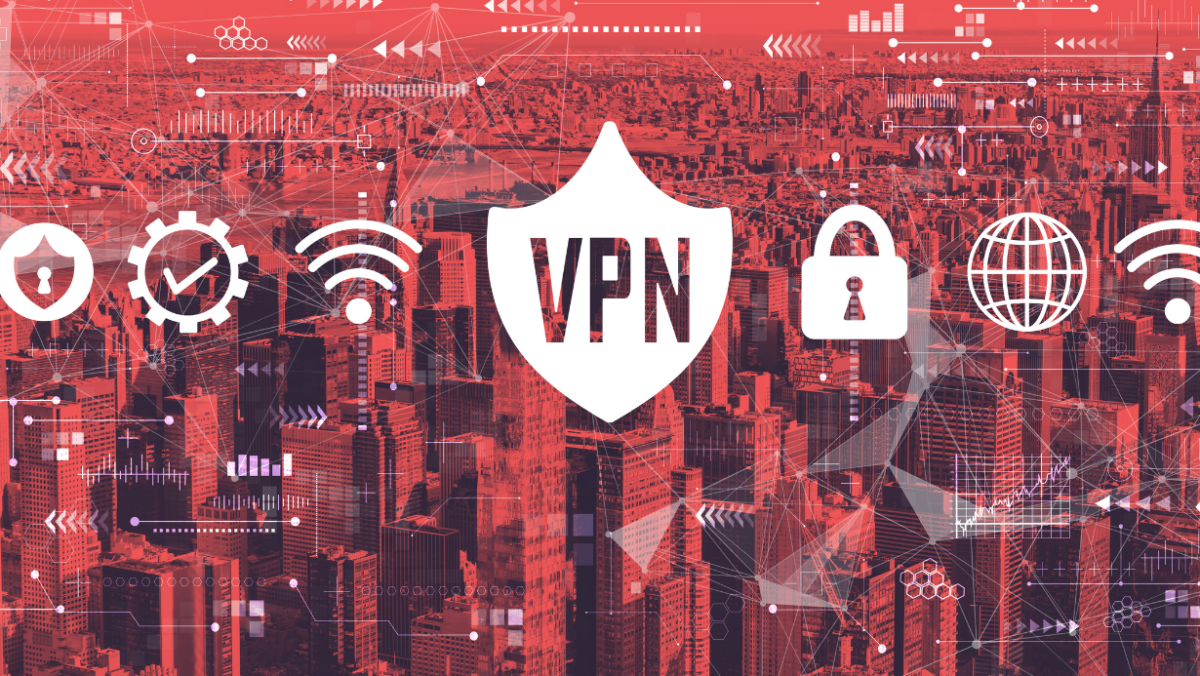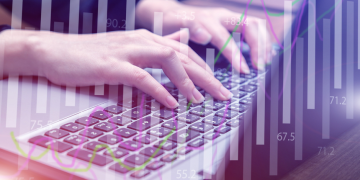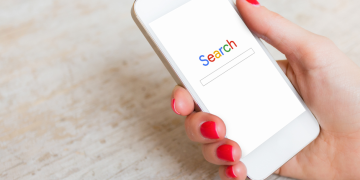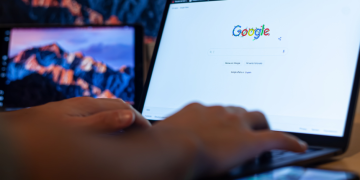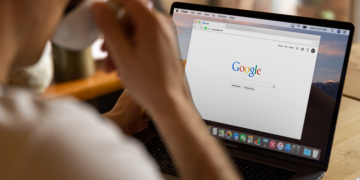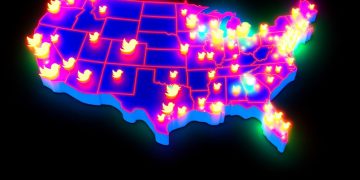Imagine, if you will, a world where carrier pigeons are the latest technology in data transmission, carrying our precious secret messages across vast distances. Sounds primitive, doesn’t it?
Well, in today’s digital era, Virtual Private Networks (VPNs) essentially serve the same purpose, but in a much more sophisticated and secure manner. You might be wondering, ‘What exactly is a VPN, and why should I bother using one?’ I’m glad you asked.
To put it simply, a VPN is your personal digital pigeon, ensuring your online data isn’t just flapping in the wind for anyone to intercept.
Intrigued? Stick around, there’s more to this than meets the eye.
Defining Virtual Private Networks (VPNs)
Often misunderstood, a Virtual Private Network, or VPN, is a service that creates a secure, encrypted connection between your device and the server you’re accessing, ensuring your online activity remains private. It’s like a hidden tunnel within the internet; you’re moving around, but no one can see you.
The main purpose of a VPN is to protect your data from prying eyes. When you’re browsing the internet without a VPN, you’re potentially exposing your information to hackers, your Internet Service Provider (ISP), and even the government. But don’t fret! That’s where a VPN comes in handy. It masks your IP address, making it look like you’re accessing the web from a different location.
Now, you might wonder, ‘Do I really need a VPN?’ Well, if you value your privacy and want to keep your online activity under wraps, then yes, you certainly do. It’s especially useful if you’re using public Wi-Fi, which is often unsecured and a hotspot for hackers. So remember, when it comes to safeguarding your online privacy, turn to a reliable VPN.
The mechanics of VPN functionality
Diving into the mechanics of how a VPN works, you’ll find it’s not as complex as you might think. Essentially, a VPN creates a secure, encrypted tunnel between your device and the VPN server. It’s through this tunnel that your online activity passes, safe from prying eyes.
Here’s a simple breakdown:
| Step | Description | Outcome |
|---|---|---|
| 1 | Connect to VPN | Your device establishes a secure connection with the VPN server. |
| 2 | Encryption | Your data gets encrypted before it leaves your device. |
| 3 | Surf Anonymously | Your encrypted data passes through the internet. Your real IP address is hidden, showing only the VPN server’s IP. |
Advantages of using a VPN
Now that you understand how a VPN works, let’s explore the numerous advantages that come with using one.
The most notable benefit is enhanced privacy. A VPN masks your IP address, making it difficult for others to track your online activities. This is particularly important when you’re using public Wi-Fi, where your information is highly vulnerable.
Another advantage is the ability to bypass geo-restrictions. You can access content unavailable in your country by connecting to a VPN server in a different location. This opens up a world of entertainment and information that you wouldn’t otherwise have access to.
A VPN also safeguards your data. It encrypts your information, making it unreadable to anyone who intercepts it. This added layer of security is invaluable, especially when you’re dealing with sensitive information.
Lastly, using a VPN can improve your online experience by blocking annoying ads and protecting you from malware. It’s a comprehensive solution for maintaining privacy, securing data, bypassing restrictions, and enhancing your browsing experience.
Potential drawbacks of VPNs
While VPNs offer numerous benefits, they also come with potential drawbacks you should be aware of.
First, they can slow down your internet speed considerably. Since your data is being encrypted and routed through another server, it can sometimes take longer to transmit. This can be frustrating if you’re accustomed to a lightning-fast connection.
Second, not all VPNs are created equal. Some have questionable privacy policies, or may even log your activities. It’s crucial to research thoroughly before choosing a VPN. You’ll want to ensure it’s reliable and maintains a strict no-logs policy.
Third, while they can bypass geographic restrictions, some streaming services are cracking down on VPN usage. You might find yourself unable to access your favorite shows or movies, even with a VPN.
Lastly, VPNs may not be legal in every country. In certain jurisdictions, using a VPN could get you in trouble with the law. Always check the regulations in your location before using one.
How to choose the right VPN
Choosing the right VPN requires careful consideration of several factors to ensure your online activities are protected effectively. You can’t just pick any VPN and expect it to meet all your needs perfectly.
Firstly, consider the security features. You’ll want a VPN that offers strong encryption, a no-logs policy, and kill switch functionality. Encryption will keep your data hidden, a no-logs policy ensures your activities aren’t being tracked, and a kill switch protects you if your VPN connection drops.
Speed is another crucial factor. While all VPNs will slow down your connection to some extent, the best ones minimize this. Check the speed ratings and user reviews about the VPN’s performance.
Look at the server locations too. A VPN with more server locations provides you with more options for bypassing geo-restrictions.
Lastly, consider your budget. There’s a wide range of prices in the VPN market. You’ll find both costly and affordable options. It’s essential to find a VPN that fits your budget but doesn’t compromise on features or security.
Conclusion
So, you’ve journeyed through the world of VPNs – from the nuts and bolts to the pros and cons. Isn’t it amazing how this little tool can give you such a big online edge? But remember, not all VPNs are created equal. It’s your job to pick the right one. After all, in the vast digital jungle, a good VPN is your best camouflage.
Frequently Asked Questions
Can a VPN Be Used on Multiple Devices Simultaneously?
Yes, you can use a VPN on multiple devices at the same time. It’s dependent on the provider’s policy though. Some limit the number of simultaneous connections, so you’ll need to check their terms first.
How Does a VPN Affect Internet Speed?
A VPN can affect your internet speed. It’s encrypting and decrypting data, which may slow things down. However, it can also speed up connections if your ISP throttles certain types of traffic. It’s a mixed bag.
Is It Legal to Use a VPN in All Countries?
You’re probably wondering, is it legal to use a VPN everywhere? Well, it’s not. Some countries, like China and Russia, have strict VPN laws. It’s crucial to check local regulations before using a VPN.
What Is the Difference Between a Free VPN and a Paid VPN?
You’re asking about free vs paid VPNs. In general, paid VPNs offer better security, faster speeds, and more reliable connections. Free VPNs can lack these features and might even sell your data to advertisers.
How Frequently Should I Update My VPN Software?
You should update your VPN software as often as new versions are released. It’s crucial to keep it updated for optimal security and performance. Don’t skip updates; they often contain important bug fixes and enhancements.

